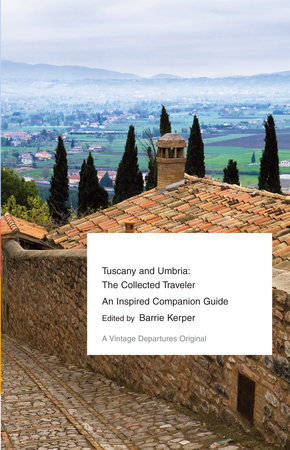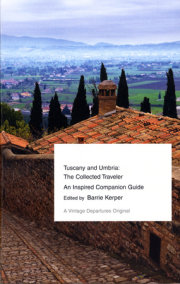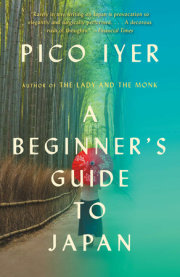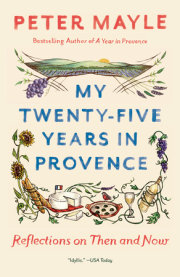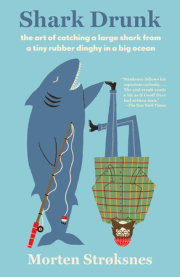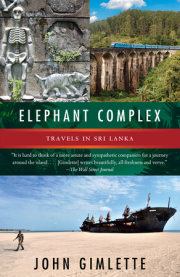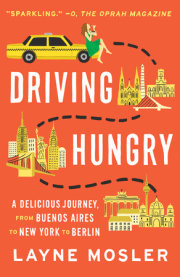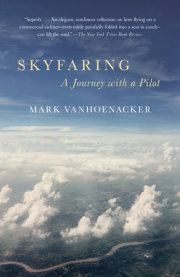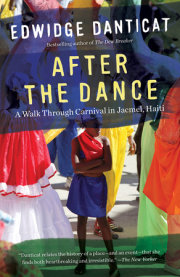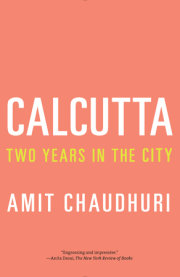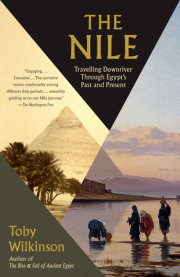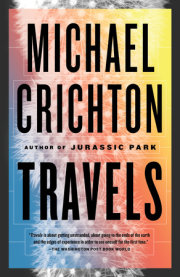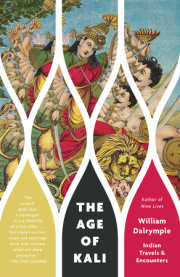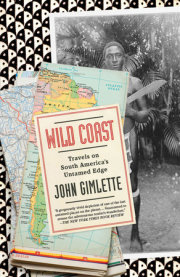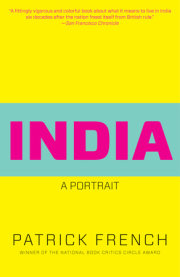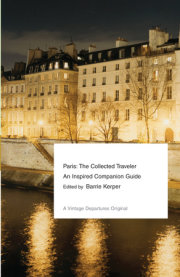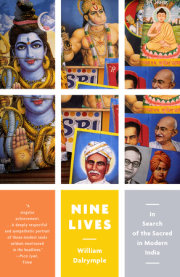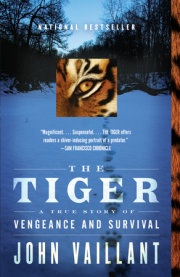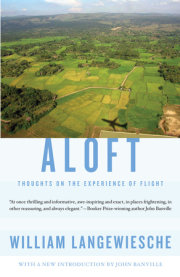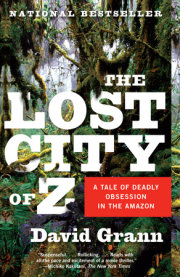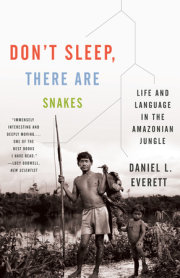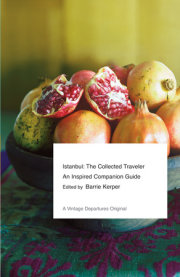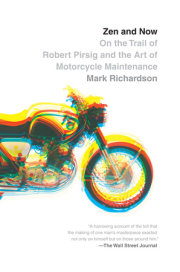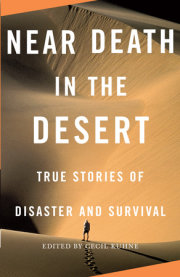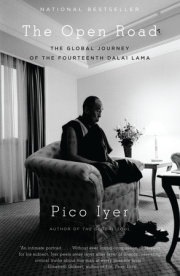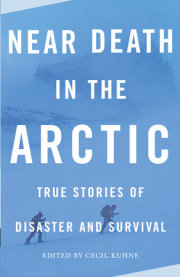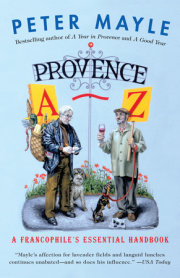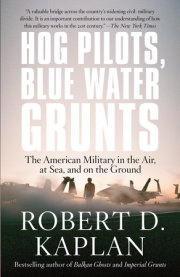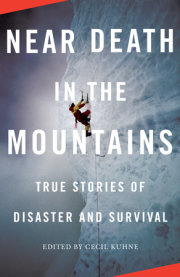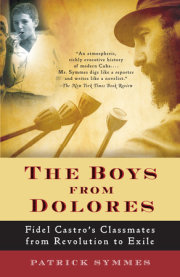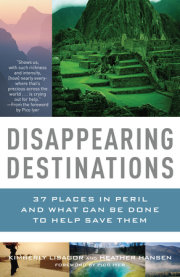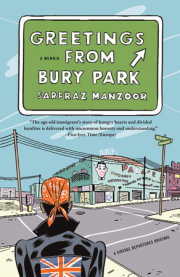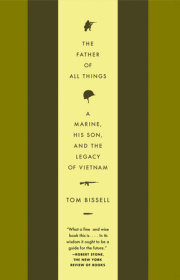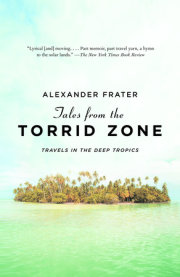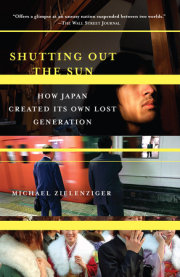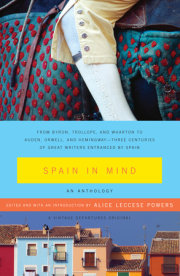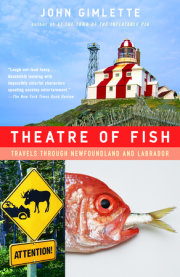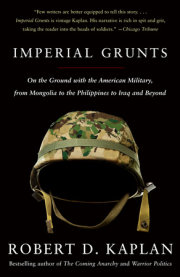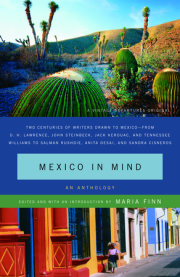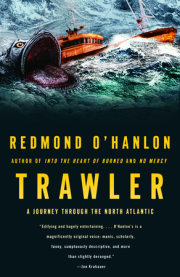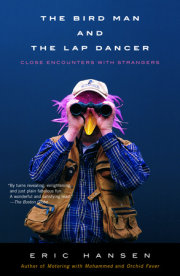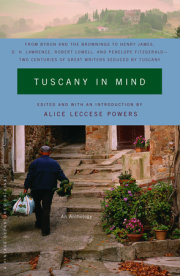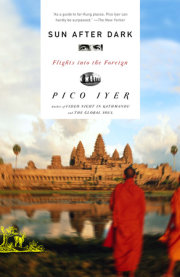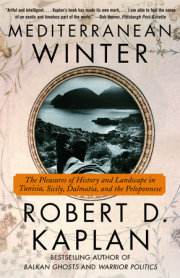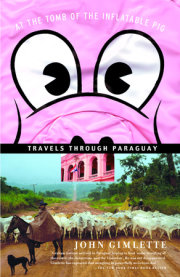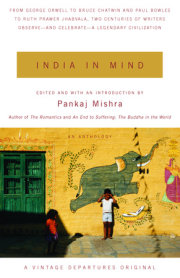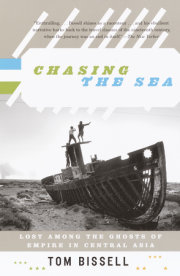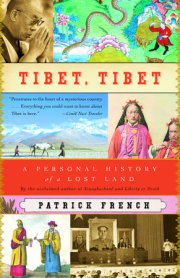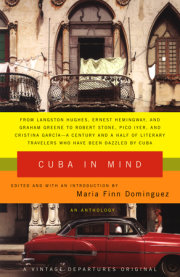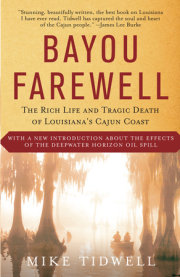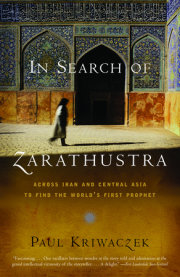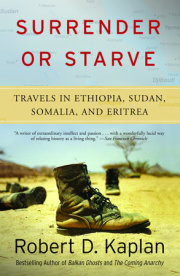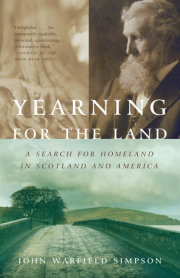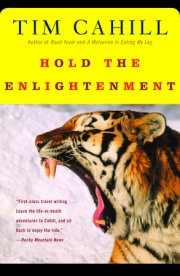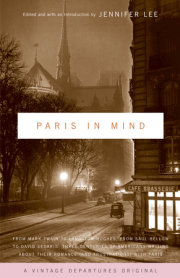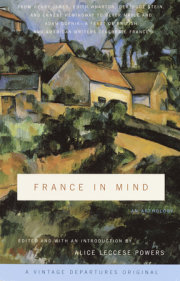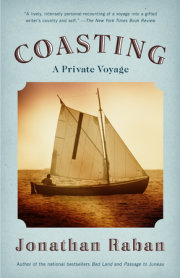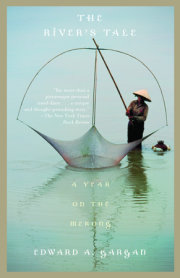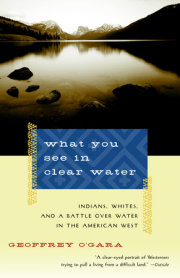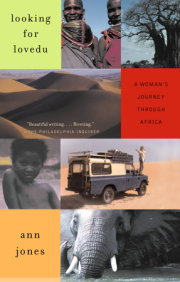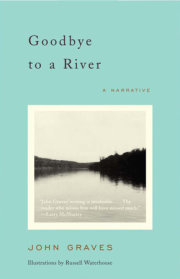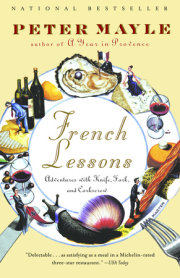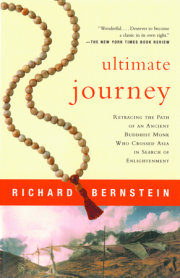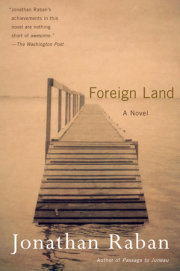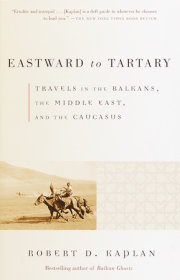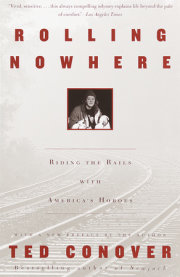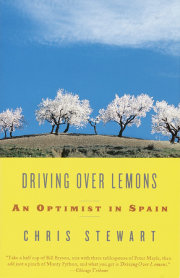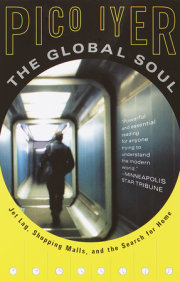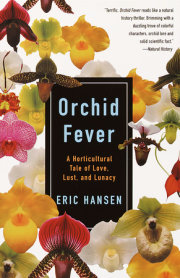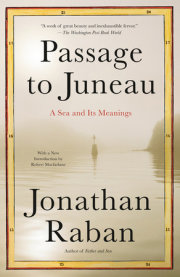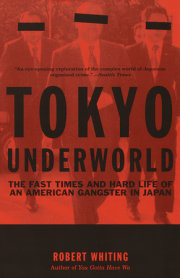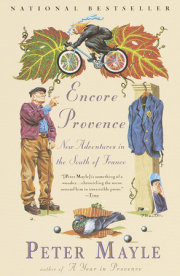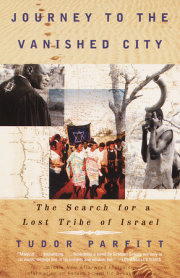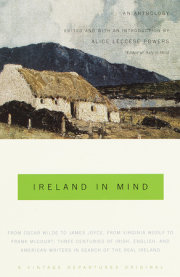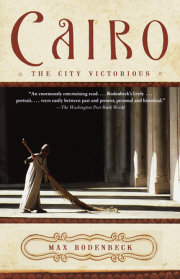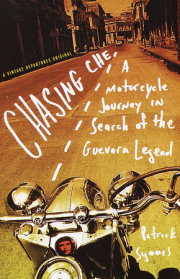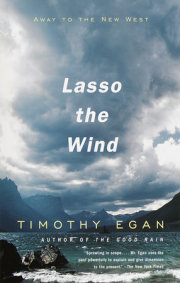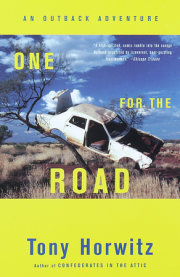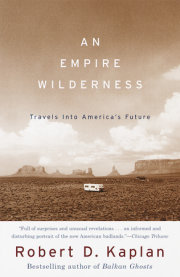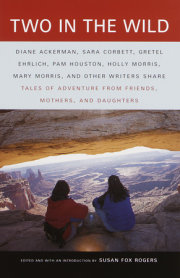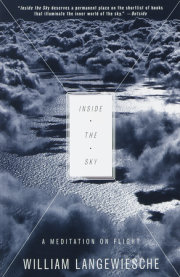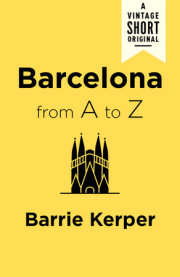from the Introduction by Barrie Kerper
Tuscany is without doubt one of the most visited regions of Italy and is the region many people think of first whey they think of Italy. And with good reason: the treasures and pleasures of Florence alone could easily hold one’s attention for years. Umbria, often known as “the green heart of Italy,” exists somewhat in Tuscany’s shadow, but happily within the last dozen years or so many visitors have discovered that it, too, offers world-class gems of art and architecture, and its cuisine and landscapes are the equal to its neighbor’s.
Some people feel that Tuscany, Florence especially, is too clichéd and too popular for its own good, and too much like anywhere else. (Often, visitors complain excessively about the problems tourism creates, about Italian corruption and bureaucracy; but I like to remind them of a remark made many, many years ago by Lord Byron: “There is, in fact, no law or government at all [in Italy]; and it is wonderful how well things go on without them.”) But those who think Italy isn’t exotic enough to be trave-worthy are simply mistaken: things
are different in Tuscany and Umbria. Such everyday scenes as a young woman crossing a cobblestone street in stiletto heels balancing two cups of espresso, men conversing animatedly using so many unfamiliar hand and facial gestures you’d think you had landed on Mars, widowed women dressed head to toe in black, or merchants closing up shop simultaneously for
la pausa (the lunchtime siesta) on a hot summer afternoon are just as foreign to a North American as what you might experience in Asia or Africa.
Florence, like other cities throughout Tuscany and Umbria, is filled with much that is old but also plenty that is new. Unfortunately, some American fast food chains have found a foothold here and many international stores are the very same ones we find in North America; still, it is mostly the older sites we come to see. I for one will never forget the day I first saw Santa Maria del Fiori, Florence’s Duomo: as I walked down a narrow street the name of which I no longer remember, I saw a sliver of it suddenly; as I approached it and discerned the different colors and patterns of marble, I was filled with a warmth and a happiness to be alive I’ve rarely felt again. Over the years, no matter how crowded Florence becomes, the Duomo will never fail to impress.
Part of the reason Florence can feel completely overrun with tourists is that it’s quite a compact city and you can run repeatedly into the same visitors. But it is also the remarkable repository of a huge number of the world’s greatest works of art. It’s easy to succumb to Stendhal Syndrome, named for the French novelist Stendhal, who felt physically sick after he visited Santa Croce. It refers to the feeling of being completely overwhelmed by your surroundings. (My translation: seeing and doing way too much.) Visitors to Florence who arrive with too long a list of must-sees are prime candidates for the syndrome. Author and Italian expert Fred Plotkin counseled against falling into this trap in his foreword to Claudio Gatti’s
Florence in Detail (an excellent guidebook), by advising, “Like it or not, one must adopt a policy of ‘
Poco, ma buono' (loosely translated as ‘Do less, but do it really well’) to experience what Florence has to offer. A mad dash through a gallery will leave you with only fleeting impressions. Spend ten minutes in front of one painting and you will see remarkable things that a two-minute look could not reveal; spend an hour in front of that same painting and your life will be changed. To really pause and reflect, whether in front of a sculpture or a dish of gelato, is to find the presence of art and genius in all things.”
I would add that by creating more reasonable itineraries, you actually give yourself the opportunity to acquire more than a superficial understanding of a place. I particularly enjoy simply sitting at a café table, looking, listening, and wondering. What is life like in the beautiful apartment building off the piazza, the one the young boy has just entered carrying a purchase from the
panificio? I am curious about the elderly man in his shoe repair shop, and the fruit vendor at the Mercato Centrale who talks nonstop and greets everyone as though she’s know them all her life. And, enviously, I wonder where the two office girls breaking for a cigarette bought their beautiful suits. “Slow” is a good word to keep in mind when visiting Italy.
Copyright © 2010 by Barrie Kerper. All rights reserved. No part of this excerpt may be reproduced or reprinted without permission in writing from the publisher.

